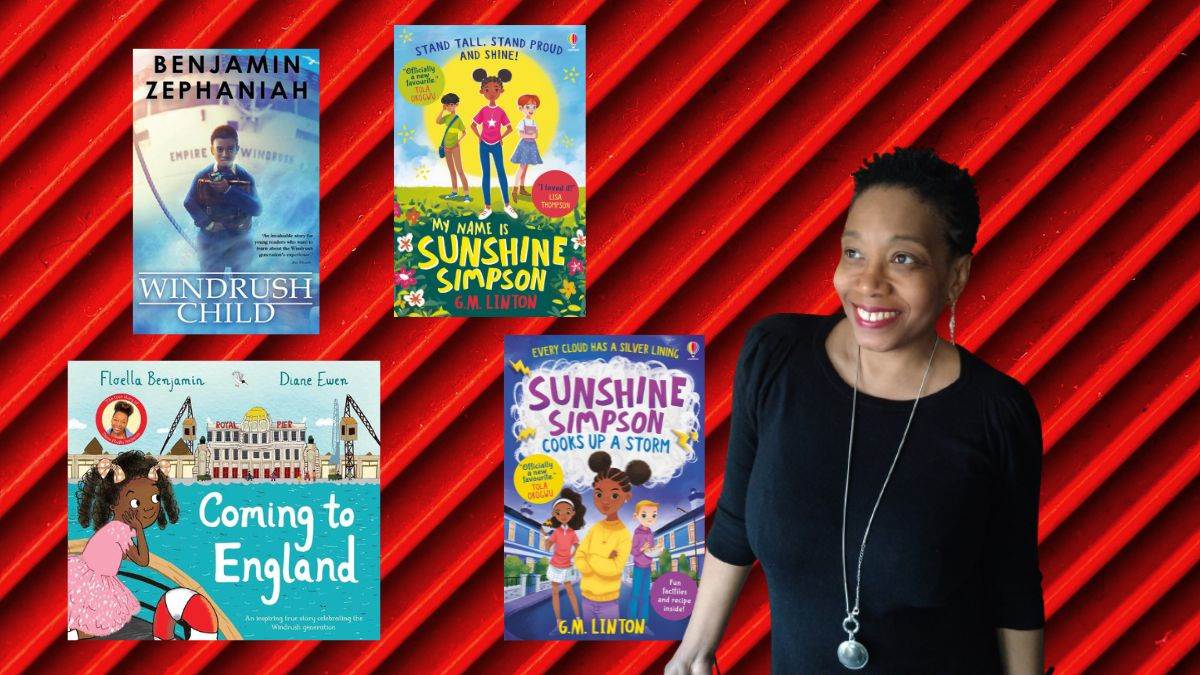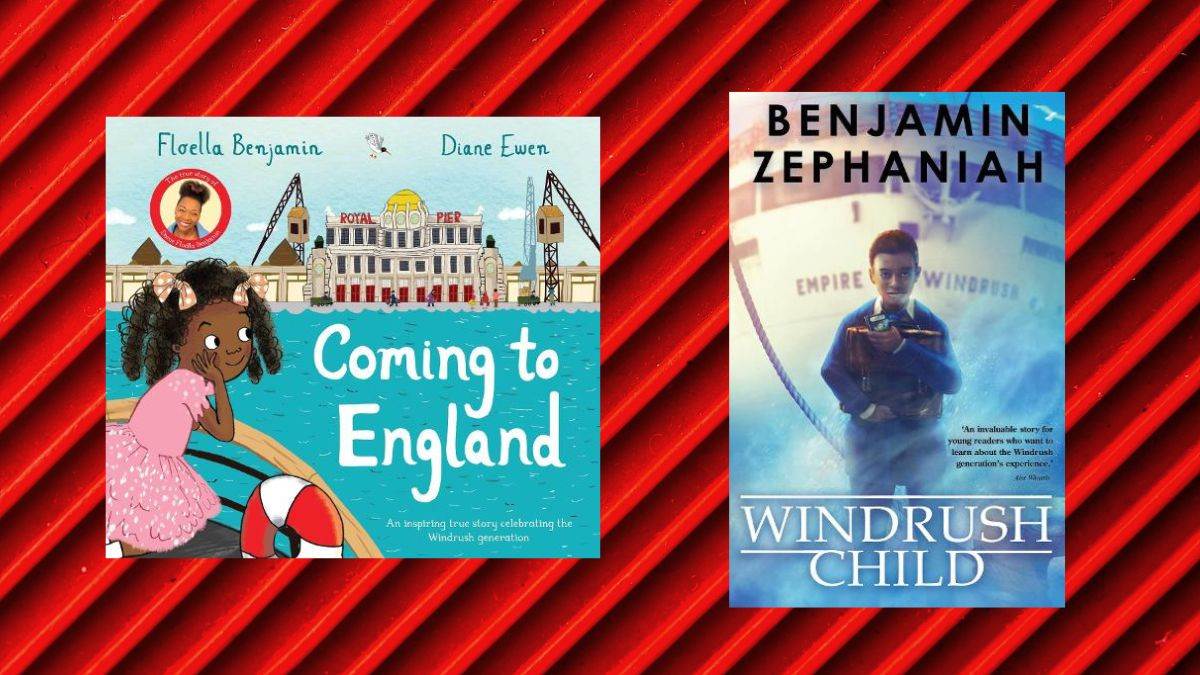Tips for writing stories based on real-life people
Published on: 29 Tachwedd 2023
Author GM Linton suggests ways to discover interesting stories from people’s lives.

A tip often given to aspiring writers is to “write what you know”.
Not everyone necessarily wants to – or needs to – follow this advice. Some people may want to write about a mythical creature they’ve created from their own imagination or perhaps discover a new fantasy world.
I, on the other hand, did follow the “write what you know” advice when creating my Sunshine Simpson series.
Inspired by my parents, who came to England in the 1950s from Jamaica, as part of the Windrush generation, Sunshine’s relationship with her Jamaican-born grandfather – and what she learns from him – is a key part of the plot. I could not have created Sunshine Simpson and her family without absorbing the life stories of my parents.
I didn’t start formally writing anything down until I was in my forties and my parents were in their eighties. If you learn anything from me at all, I would definitely say, don’t wait as long as I did!
My parents would sit in the front room of our family homeand tell my siblings and me (and then their grandchildren) tales of life “back home” in Jamaica and what life was like when they first came to England. We enjoyed their stories greatly and always said “we need to write them down” but didn’t. That is, until one day I did, and that’s when Sunshine Simpson came to life on the page.
Hearing and reading about real-life stories of people from an older generation can be used as inspiration to help you write your own creative stories. Older people have seen lots of changes in the world and usually have wise advice to share. But there’s only one way to find out for sure and that is to ask them for yourselves.
Here are my tips for having a conversation with an older person about their life story:
Firstly, who would you like to interview?
Your parents? Grandparents? Cousins? Aunts or uncles? A family friend?
What would you like to ask them?
Maybe they’ve done an interesting job, such as a pilot, a miner, a nurse, or a scientist. Maybe they were the first person in your family to go to university.
Or did they grow up during an interesting time in history? Perhaps they wore flared trousers, shirts with massive collars, or flowers in their hair in the 1970s. Or were they children during the second world war?
Do they have any interesting sayings – words or phrases they use a lot? What do they mean when they use these words or phrases?
One of my parents’ favourite things to say was, “Don’t hang your basket higher than where you can reach it”. This meant not stretching yourself too far, spending too much money when you don’t have the money to spend, and making life difficult for yourself. The phrase is included in my first Sunshine Simpson book.
Does the person you are interviewing enjoy talking?
If they do, engage them in conversation about their life. Ask them if they would be okay with you recording them on a phone or iPad. (Being recorded might put some people off, so take notes if they are okay with that instead or try to remember what they are saying and write down notes afterwards.)
Do they enjoy writing things down themselves?
Encourage them to write their own journal. You can buy notebooks and memory books quite cheaplythat have sections already marked out such as “where was I born?” and “What I liked to do when I was growing up”. Or you could write these kinds of questions on separate pieces of paper for them to write on.
My family and I bought my parents a memory book like this – but then we lost it! (WARNING: be careful with these notebooks – they are precious!)
After losing the first notebook, my family gave my mum a journal so that she could write her life story in it for herself – an autobiography. When my mum wasn’t sure what to write in her journal, we suggested ideas for her to think about. (Sometimes, splitting your writing up into sections is much less overwhelming.)
These are some of the questions we asked her:
- What was her job like as a nurse when she first came to England in the 1950s?
- What was the weather like then and now? (Adults really seem to like talking about the weather!)
- What was life at school like for her in the 1940s?
- How did she meet our dad?
Once you’ve done your research, what type of story do you want to write?

Do you want to write a fictional story – using inspiration from the people you know to make up a different story with made-up characters? For example, the novelist and poet Benjamin Zephaniah was inspired by his Jamaican heritage to write the book Windrush Child about a fictional character – a boy called Leonard, who came from Jamaica to live in England. Or do you want to write a non-fiction story that is directly about that person’s experience? For example, writer and broadcaster Baroness Floella Benjamin’s Coming to England is about her own journey moving to England from the Caribbean country of Trinidad when she was a child.
Finally, if you are going to write a story based on someone you know, it is a good idea to ask their permission first. Once you’ve finished the story, read it to them or read it to another family member before you show the story to the world.
Everyone has their own precious story to tell that is unique to them – a story waiting to be told.
Good luck – and happy writing!
My Name is Sunshine Simpson and Sunshine Simpson Cooks Up a Storm by GM Linton are out now.
Topics: Features





